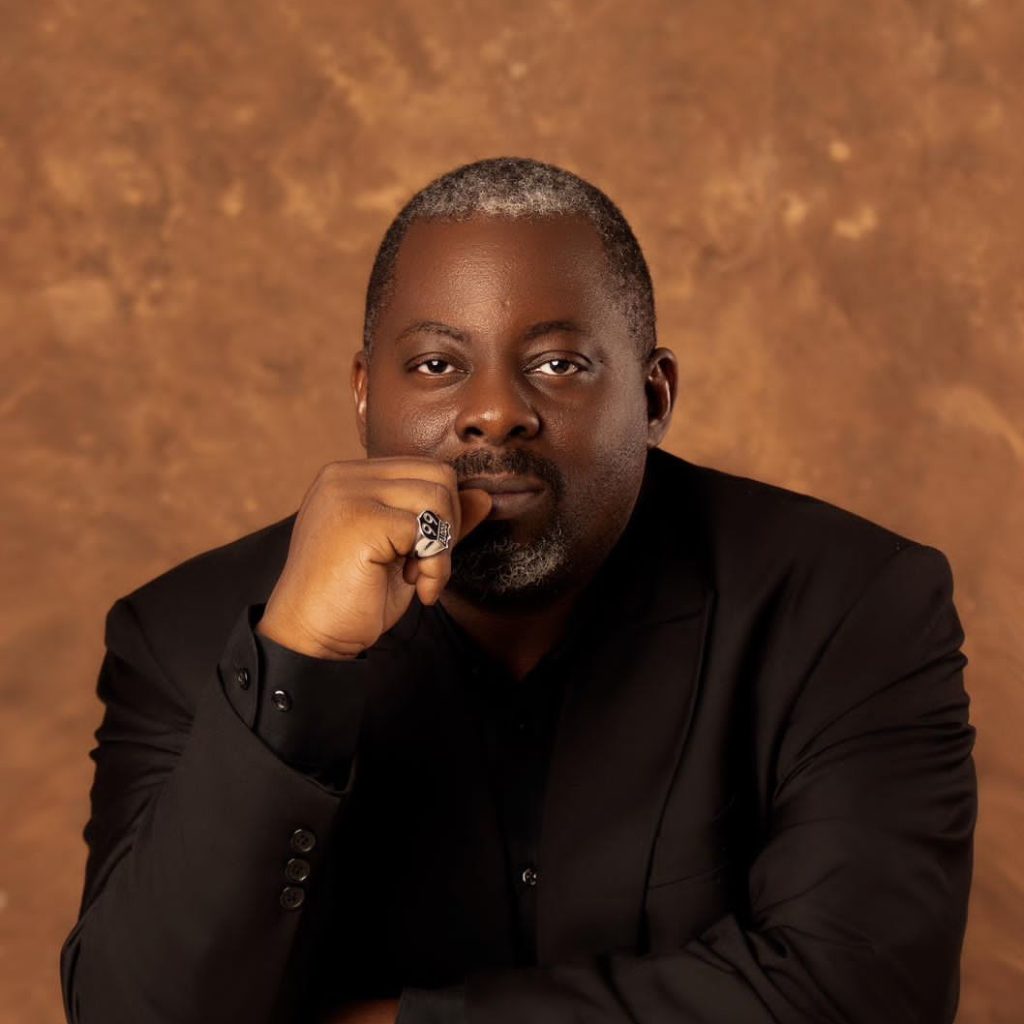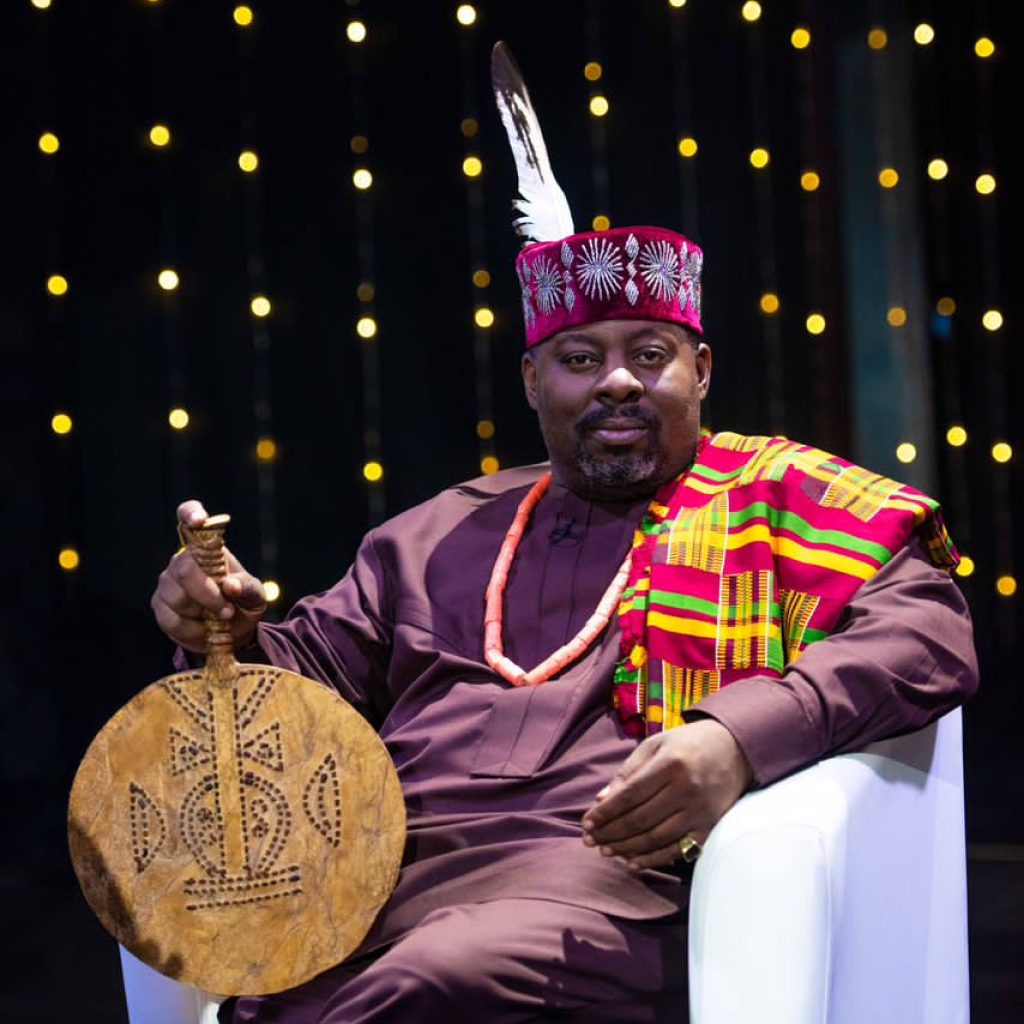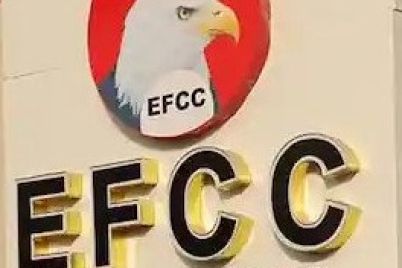
By Obi Asika
Fifty years ago, on February 21, 1975, the National Council for Arts and Culture (NCAC) was established through Decree No. 3 of 1975, creating an institution dedicated to preserving, promoting, and advancing Nigeria’s cultural heritage. Since its inception, NCAC has played a crucial role in fostering the arts, crafts, literature, theatre, film, television, music, dance, fashion, cuisine, sports, comedy, visual arts, and cultural festivals that define Nigeria’s cultural identity.
Half a century later, Nigeria’s cultural and creative sectors have not only grown but have evolved into a global force. From the early days of highlife and folk storytelling to the global dominance of Afrobeats, Nollywood, Nigerian fashion, dance, comedy, sports, and cuisine, the country’s soft power has expanded beyond Africa, making a mark on the world stage.
Today, Nigerian culture reaches billions of people worldwide, with over 2 billion followers engaging with Nigerian content across digital platforms, and Nigerian creatives generating billions of views and streams across music, film, and social media. The commercial potential of Nigerian soft power is immense, with entertainment, fashion, media, sports, tourism, and food driving multi-billion-dollar industries. Nigeria’s creative economy is projected to become one of the country’s largest revenue earners, offering vast opportunities for investment, digital expansion, brand partnerships, and global collaborations.
This anniversary is an opportunity to reflect on five decades of artistic brilliance, cultural resilience, and creative innovation, as well as to honor the countless individuals—traditional rulers, artists, performers, filmmakers, writers, designers, comedians, dancers, cultural custodians, and global icons—who have shaped and sustained this ecosystem.
Honoring the Leaders Who Built NCAC
As we celebrate this historic milestone, we recognize the leadership and vision of those who have guided NCAC over the past 50 years. Their dedication has helped shape the council into the cultural powerhouse it is today.

1. Frank Aig-Imoukhuede (1975–1989) – The pioneer who laid the foundation for NCAC and established many of its flagship programs.
2. Dr. Sule Bello (1989–2000) – Expanded the council’s role in cultural diplomacy and preservation.
3. Emma Arinze (2000–2005) – Strengthened NCAC’s engagement with the creative economy.
4. M.M. Maidugu (2005–2014) – Focused on institutional reforms and modernization.
5. Dayo Keshi (2014–2017) – Championed Nigeria’s cultural exports on the global stage.
6. Otunba Olusegun Runsewe (2017–2023) – Led the council through a transformative period, emphasizing cultural tourism and economic development.
7. Obi Asika (2024–present) – Committed to positioning Nigerian culture and soft power at the heart of national development.
Each of these leaders has played a critical role in advancing Nigeria’s cultural agenda, and we honor their contributions to this journey.
Acknowledgment & Appreciation
We extend our deepest gratitude to His Excellency, President Bola Ahmed Tinubu, GCFR, for his visionary leadership in creating the Ministry of Arts, Culture, and the Creative Economy, and for appointing me to lead NCAC at this pivotal moment. His commitment to Nigeria’s cultural and creative industries is a testament to the power of our heritage and the potential of our creative economy.
We also sincerely thank our esteemed supervising Minister, Hon. Hannatu Musawa, for her unwavering support, leadership, and commitment to the growth of our sector. Her dedication has been instrumental in driving the policies and programs that are shaping the future of Nigeria’s creative industries.
The Power of Nigerian Literature
Nigeria’s literary tradition is one of the most influential in the world, shaping global storytelling, critical thought, and the African narrative.
• Wole Soyinka, Africa’s first Nobel Laureate in Literature, set the foundation for modern African drama and political discourse.
• Chinua Achebe, whose novel Things Fall Apart remains one of the most widely read African books in history, gave the world a definitive African voice in literature.
• Flora Nwapa, the first African woman to publish a novel in English, paved the way for female authors in Nigeria and beyond.
• Ben Okri, Chimamanda Ngozi Adichie, Sefi Atta, Helon Habila, Teju Cole, and Nnedi Okorafor continue to shape modern literature, with their works studied globally.
The Rise of Nollywood & Television
Nollywood, now the second-largest film industry in the world, has produced thousands of films annually, captivating audiences across Africa and beyond.
• Directors like Kemi Adetiba, Kunle Afolayan, and Jade Osiberu have redefined Nigerian storytelling.
• Actors like Genevieve Nnaji, Omotola Jalade-Ekeinde, and Richard Mofe-Damijo have brought Nigerian cinema to the global stage.
• Streaming platforms such as Netflix, Amazon Prime, and Showmax are now investing heavily in Nollywood, bringing Nigerian films to audiences worldwide.
The Global Impact of Nigerian Music
From highlife to Afrobeats, Nigeria has led Africa’s musical revolution.
• Legends like Fela Kuti, Sunny Ade, and Osita Osadebe laid the foundation.
• Afrobeats pioneers like Wizkid, Davido, and Burna Boy have taken Nigerian music global.
• Executives like Kenny Ogungbe, Don Jazzy, and Audu Maikori have built structures for music’s global success.
• Afronation, the world’s largest African music festival, is a direct result of this influence.
Fashion & Visual Arts: Nigeria’s Global Footprint
Nigeria’s fashion industry is setting international trends, with designers like Duro Olowu, Mowalola Ogunlesi, Lisa Folawiyo, and Orange Culture leading the way. Lagos Fashion Week is now a global event, attracting international buyers and media attention.
Nigeria’s visual arts sector is just as powerful, with Ben Enwonwu, Bruce Onobrakpeya, and Yusuf Grillo leading the movement. Art X Lagos, founded by Tokini Peterside, has provided an essential platform for African artists, showcasing Nigerian talent to collectors and museums worldwide.
The Business of Nigerian Soft Power
The economic impact of Nigeria’s creative and cultural industries is immense:
• Nollywood generates over $1 billion annually, employing millions.
• Afrobeats exports generate hundreds of millions in revenue from streaming, concerts, and brand partnerships.
• Nigeria’s fashion and design industry is valued at over $10 billion, with international brands seeking Nigerian talent.
• Tourism linked to Nigerian cultural events and festivals continues to grow, presenting an opportunity for massive investment.
With the right policies and investments, Nigeria’s soft power could rival that of the world’s biggest cultural industries, solidifying its place as a global creative powerhouse.
The Future is Green and White
From ancient Benin bronzes to Afrobeats, Nollywood, fashion, sports, private broadcasting, comedy, and the global diaspora, Nigeria’s creative industries continue to define and inspire the world.
As we celebrate 50 years of NCAC, we recognize that our culture is our power. It is the foundation of our past, the strength of our present, and the vision of our future.
The future is bright. The future is bold. The future is green and white.
Obi Asika
Director-General/CEO, National Council for Arts and Culture (NCAC)

